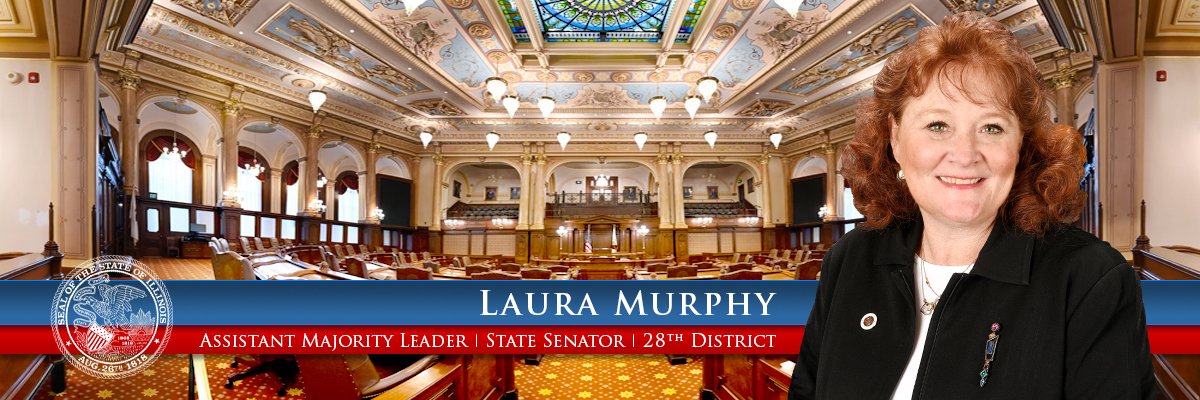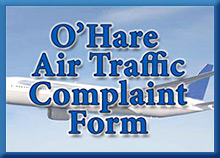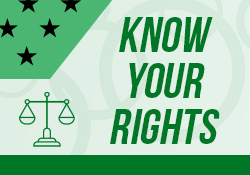Murphy plan would use colleges’ social media to better connect to vets and active military
- Details
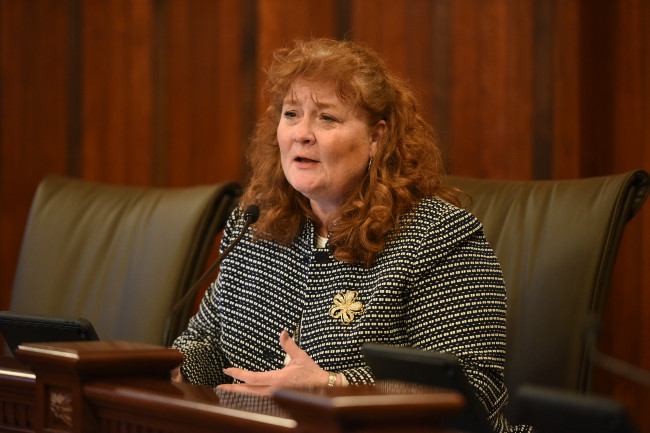 SPRINGFIELD – Veterans and active service members would be able to use social media to connect with their colleges’ support networks under legislation sponsored by State Senator Laura Murphy (D-Des Plaines).
SPRINGFIELD – Veterans and active service members would be able to use social media to connect with their colleges’ support networks under legislation sponsored by State Senator Laura Murphy (D-Des Plaines).
“In 2020, most college students use social media to get important information, and that includes veterans and active military personnel,” said Murphy. “It’s one tool in our communications toolkit, and we need to start using it to our advantage.”
Currently, public colleges and universities must designate one employee to coordinate services for veteran and active military students. The employee’s contact information and a brief summary of their services must be available on the campus’ homepage and promotional mailings for student applications.
Murphy’s measure would require the information to be available on the institution’s social media accounts as well.
“Our veterans and service members face unique challenges as they pursue education during and after their service, so we know they need unique support,” said Murphy. “We should make it as quick and easy as possible to access that support.”
Senate Bill 3069 has passed the Senate Higher Education Committee and now goes before the full Senate.
Murphy urges neighbors to get counted at upcoming census event
- Details
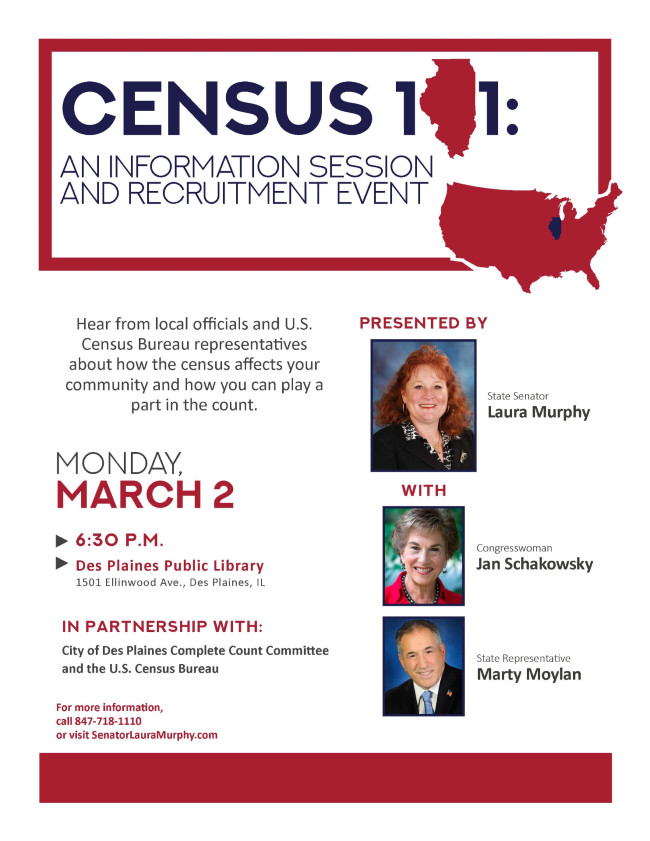 SPRINGFIELD – Community members who are interested in learning more about the 2020 Census are invited to attend an information session and recruitment event hosted by State Senator Laura Murphy (D-Des Plaines) on March 2 from 6:30 to 8 p.m. at Des Plaines Public Library, 1501 Ellinwood Ave.
SPRINGFIELD – Community members who are interested in learning more about the 2020 Census are invited to attend an information session and recruitment event hosted by State Senator Laura Murphy (D-Des Plaines) on March 2 from 6:30 to 8 p.m. at Des Plaines Public Library, 1501 Ellinwood Ave.
“Data from the census is used to determine federal funding for our schools, roads, fire departments and more. That’s why it’s so important that we all play a part in making sure our community gets counted,” said Murphy. “If you’re wondering what you can do to help, we can answer your questions.”
Murphy is partnering with the City of Des Plaines Complete Count Committee, the U.S. Census Bureau, Congresswoman Jan Schakowsky and State Rep. Marty Moylan to host the event.
At the event, local officials will discuss how the census will affect the community and how residents can ensure that their neighbors are counted. Representatives from the U.S. Census Bureau will also be on hand to answer questions about working for the Census.
“Participating in the census can mean filling out a form, or it can mean going door to door and talking to your neighbors,” said Murphy. “At this event, you’ll be able to explore all your options.”
Those interested in attending the event are encouraged to register online.
Aspiring accountants encouraged to apply for scholarship program
- Details
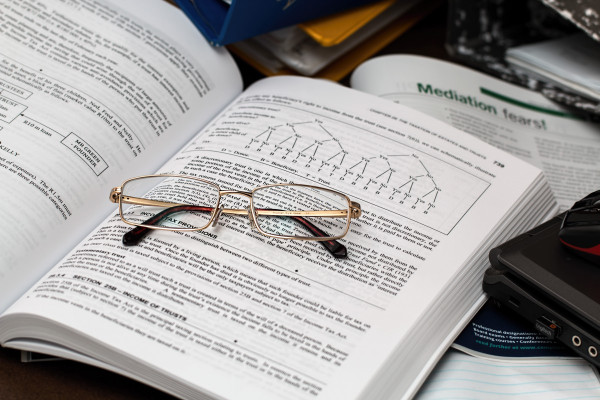 SPRINGFIELD – College students pursuing accounting degrees could receive up to $4,000 in scholarships for the 2020-21 academic year, State Senator Laura Murphy (D-Des Plaines) announced today.
SPRINGFIELD – College students pursuing accounting degrees could receive up to $4,000 in scholarships for the 2020-21 academic year, State Senator Laura Murphy (D-Des Plaines) announced today.
The Illinois CPA Society will award more than 40 scholarships of up to $4,000 each to Illinois students through its Accounting Scholarship Program.
“Finances should never stop a hardworking student from getting their degree, but the cost of higher education keeps rising,” said Murphy. “These scholarships could fill in the gaps and make a huge difference for a future accountant.”
Applicants must be an accounting student enrolled at an Illinois college and must demonstrate financial need, academic achievement and leadership qualities.
Available scholarships include:
• Illinois CPA Society Accounting Scholarships for seniors and graduate students;
• Herman J. Neal Accounting Scholarships for African American juniors, seniors and graduate students;
• James A. Sikich Visionary Scholarships for seniors and graduate students;
• Jovencio P. and Violeta R. Mangahas Accounting Scholarships for seniors and graduate students; and
• Women’s Executive Committee Advancing Women in Accounting Scholarships for female seniors and graduate students.
Students may apply to any or all scholarships for which they are eligible by submitting a single application. The application deadline is April 1, 2020.
In addition, racial and ethnic minority high school seniors are invited to apply for Illinois CPA Society Freshman Scholarships, which aim to increase awareness of the accounting profession among minority students and prepare them for success in college and the profession. The application deadline for these scholarships is May 1, 2020.
“I’m grateful that organizations like the Illinois CPA Society give back by helping the next generation succeed,” said Murphy. “Everyone deserves the chance to pursue an education.”
All scholarship applications can be completed online at the Illinois CPA Society website.
Illinois-made goods take center stage during IMA Makers Madness
- Details
 SPRINGFIELD – Football season may be over, but the Illinois Manufacturers’ Association (IMA) and State Senator Laura Murphy (D-Des Plaines) are gearing up for a different kind of championship. The IMA has launched “Makers Madness,” a bracket-style tournament to determine which Illinois product receives the title of “Coolest Thing Made in Illinois,” and Murphy encourages Illinoisans to participate by nominating their favorite products before the nomination period closes on Feb. 24.
SPRINGFIELD – Football season may be over, but the Illinois Manufacturers’ Association (IMA) and State Senator Laura Murphy (D-Des Plaines) are gearing up for a different kind of championship. The IMA has launched “Makers Madness,” a bracket-style tournament to determine which Illinois product receives the title of “Coolest Thing Made in Illinois,” and Murphy encourages Illinoisans to participate by nominating their favorite products before the nomination period closes on Feb. 24.
“Nearly 600,000 Illinoisans work in manufacturing, but lots of people aren’t aware of all the great products that are made right here in the state,” said Murphy. “Makers Madness is a fun way to get people interested in what Illinois has to offer.”
The tournament is designed to highlight the many different products manufactured in Illinois, ranging from pinball machines to macaroni and cheese.
The IMA also hopes the competition will call attention to the range and quality of manufacturing jobs available in the state. The Illinois manufacturing industry generates more than $304 billion in economic output and accounts for 12% of the state’s Gross Domestic Product.
The product nomination period will close on Feb. 24, and voting to narrow the field will begin on Feb. 26. Weekly matchups of the top 16 products will follow. Makers Madness culminates in an awards ceremony at the Governor’s Mansion on April 1, when the winning product will be named the Coolest Thing Made in Illinois. All voting will take place on the contest website.
“It’s going to be tough for me to decide which Illinois product I think is the ‘coolest,’” said Murphy. “I’m excited to learn about all the products that are made in Illinois.”
More Articles …
Page 82 of 137
